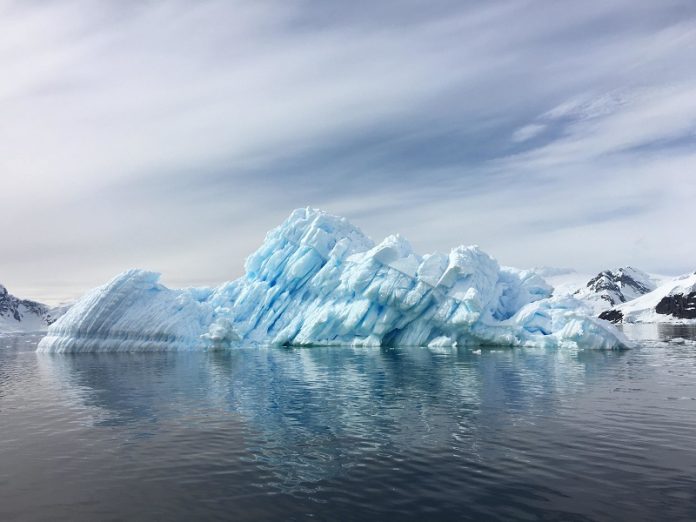Is the Researchers have concluded in a study published in the journal Nature Communications that the collapse of the ice sheet in West Antarctica, which could cause a catastrophic rise in sea levels, is not “inevitable”.
Since the early 1990s, scientists have observed an acceleration of ice melt in this region of Antarctica, in light of the impact of human-induced climate change. Some fear the inevitability of a collapse of the ice cover and its continuation, regardless of the changes that the climate will witness in the future, reports Al-Rai daily quoting AFP.
The collapse of the ice cover will represent one of the climatic “turning points” that will cause catastrophic weather phenomena, such as a significant rise in the level of ocean waters.
However, a team of researchers in the United States and the United Kingdom published a study in which they dealt with the development of West Antarctica, which includes areas of ice that are not stable at all and contain enough ice to raise sea levels by 3.3 meters in the event of a collapse.
Based on data monitored by satellites and a number of data, they concluded that the frequency and extent of avalanches along the coast varies with local climate changes.
The pace of ice sheet retreat in the vulnerable coastal region slowed between 2003 and 2015. This slowdown was due to changes in ocean temperatures caused by changes in offshore winds.
“The collapse of the ice sheet is not inevitable,” concluded Eric Steig, a professor at the University of Washington in Seattle. “It depends on what changes the climate will witness in the coming decades,” he said, stressing that humans “can influence these changes positively by reducing greenhouse gas emissions.”
In these areas, winds usually blow from the west bringing warmer, saltier water, which increases the melting of ice. However, the intensity of these winds was weaker off the Edmonton Sea during the study period, which led to sparing the ice area from exposure to a quantity of this water.
Fraser Christie of the Scott Polar Research Institute in Cambridge notes that there is a “close link between climate and the way the ice interacts”. “We can reduce the amount of ice that collapses in West Antarctica if we reduce carbon dioxide emissions,” he said.

















